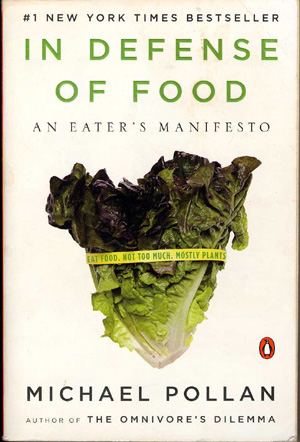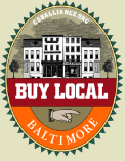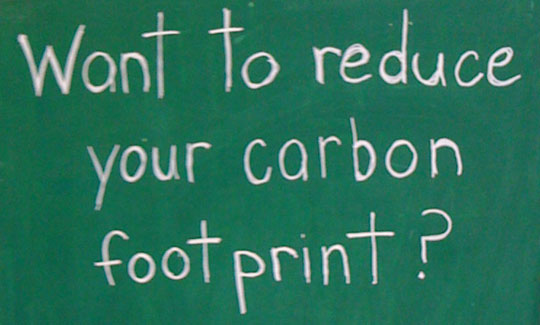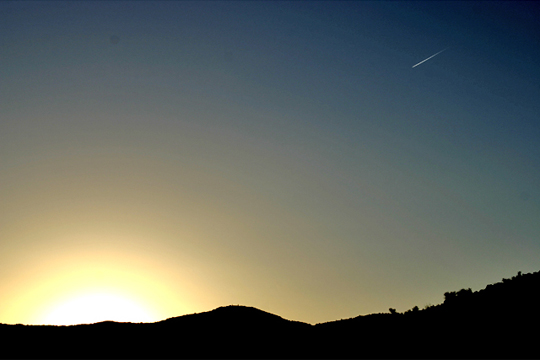Three Revelations about 21st Century Eating

I had the luxury while on our sailing trip to read an entire book, start to finish. I didn’t just read it – I DEVOURED it. Fitting, then, that it was a book about food and eating: In Defense of Food by Michael Pollan.
I’ve been a Michael Pollan devotee forever. I still remember where I was sitting when I read his brilliant essay, "Weeds Are Us," in the NYTimes Sunday Magazine. That wonderful meditation on the push-pull of nature and culture is in his book, Second Nature: A Gardener’s Education . But I digress. We’re talking food here.
This book is so full of great observations, factoids for those of us who are info-obsessed, philosophy, and downright good sense. All packaged in Pollan’s signature intelligent, pleasure-to-read prose. It’s conversational, but not condescending. Among the MANY gems, three themes particularly spoke to me.
1. Good for us = good for the earth
Right off the bat, he makes the observation that good personal choices are usually good ecologically. I completely agree! It’s at the heart of our EcoBlueprint program; right down to my example showing how Thanksgiving dinner meets multiple needs beyond simple sustenance: family connection, aesthetics in choice and arrangement of the food, expressing love, giving care, pleasure, support of local economies, participation in the great cycle of life. I LOVE that he defends the pleasure of eating, and I’m just so glad that he’s not the only one singing that song lately.
2. All about relationships
Another great theme is that of food relationships. In nature, food is all about relationships among species: we call them food chains. Pollan takes a clear-eyed look at our place in this chain. Who better to guide us than the man who has spent much of his writing life on the topic of the intertwining of nature and culture? Culture, he says, has played a critical role in helping to mediate people’s relationship to nature. Eating is one of the most important manifestations of that relationship.
This is likely why, in the ever-growing sustainability movement, food is often a first entry point. We all have to eat! Buying our food directly from farmers is an excellent way to experience this connection . Pollan’s advice is to shake the hand that feeds you: meet the people who grow and raise the food you eat.
3. Traditional + now = a way forward
In another brilliantly creative passage, he likens traditional diets to vernacular architecture . Continued





 View the dynamic, moving GOforChange: Greening Baltimore video
View the dynamic, moving GOforChange: Greening Baltimore video




